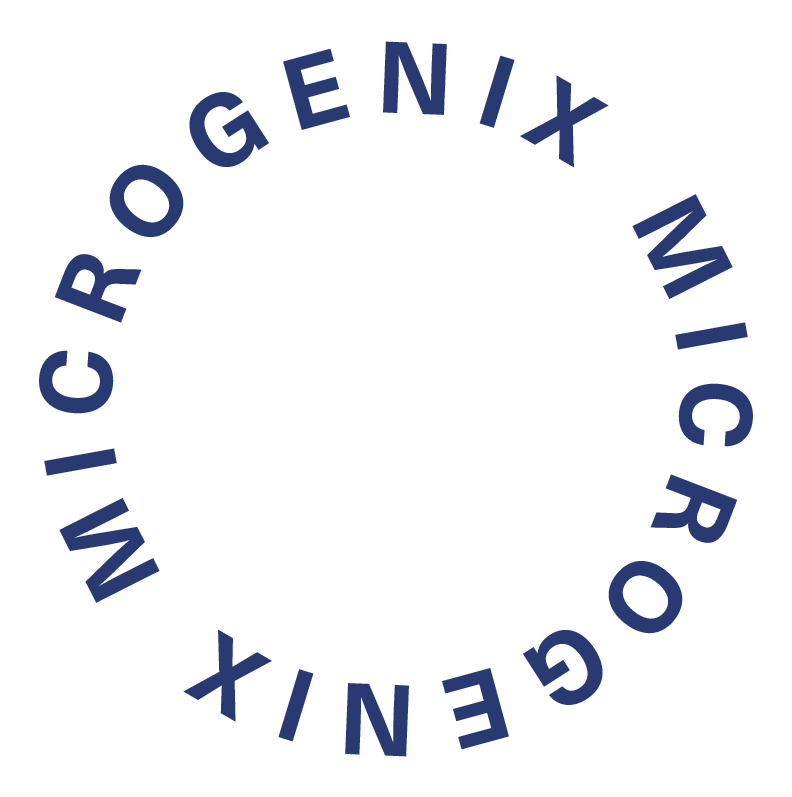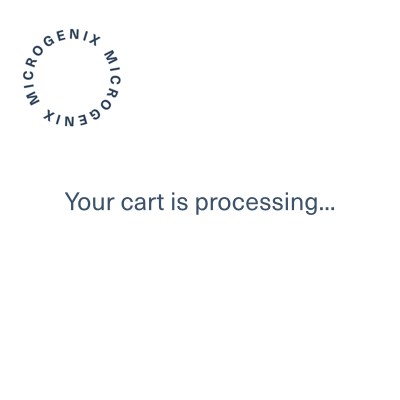Blog
Can Psilocybin Rebalance Hormones?
Fatigue, depression, anxiety, numbness, digestive issues, poor sleep, low mood — shall I go on? The list of debilitating symptoms associated with hormone imbalance stretches far too long, especially when we consider how common it is. 80% of individuals with a female reproductive system will experience some form of hormone imbalance in their lifetime, suggesting that the majority of us here might be curious to know, ‘Can psilocybin rebalance hormones?’
Although concrete evidence remains scarce, the abilities of psilocybin have been emphasized yet again in another crucial area of research: Hormone Imbalance. What we know confidently is that psilocybin is known to activate the 5-HT2A serotonin receptor, located primarily in the brain, playing a key role in a variety of functions. 5-HT2A agonists (such as psilocybin) are said to produce long-lasting therapeutic effects on those suffering from depressive disorders, giving researchers a reason to investigate the abilities of psilocybin further. Speculation on psilocybin in relation to hormones is not a far stretch, considering that serotonin is an important hormone in itself.
When we think about hormones, our brain naturally tends to the thought of mood swings and heightened sensitivity, as we often associate the term “hormones” with things like puberty and periods. Although the stages of puberty and menstrual cycles are especially hormonal times, us humans have a variety of hormones being released in our bloodstream at all times of the month and throughout all years of development. To mass demise, we cannot simply control our hormones. However, we do have the ability to influence them in a way that promotes balance, so we can begin using hormones to our advantage.
What Causes Hormone Imbalance?
Although hormonal imbalances are most common during puberty, pregnancy, menopause, and menstruation, there are several other daily occurrences unrelated to the reproductive system that can cause an unwanted hormone imbalance.
1. Stress
Stress is an emotion that we have all experienced at one time or another, and can be easily triggered by moments of frustration, nervousness, or anger. Stress is a natural human response that allows us to respond accordingly to challenges and various obstacles, but how we handle and perceive stress can make a drastic difference on our overall well-being. Unlike the natural response of occasional stress, chronic stress is a feeling that lasts over an extended period of time and is difficult to control. Chronic stress will often persuade you to feel overwhelmed by small things, and can result in other debilitating symptoms such as body pain, insomnia, high blood pressure, and frequent headaches. When chronic stress occurs, it creates an imbalance in cortisol levels, an important hormone produced by the adrenal glands. Excess cortisol release caused by prolonged stress affects nearly all of your body’s crucial functions overtime, and is not a hormone you want to suffer an imbalance of if you can avoid it.
2. Medication
To anyone who has undergone months or years of birth control and/or hormone replacement, you are likely less than shocked to know that these medications do indeed influence your hormone balance. When we take medications like these, our bodies are essentially flooded with artificial estrogen and progesterone, which tell our body’s natural hormones to stop producing. When we obstruct our natural hormones and replace them with high quantities of artificial ones, we put ourselves at risk of hormonal imbalances both on and off the medication. Aside from contraceptives and hormone replacement therapy, other medications such as isotretinoin (otherwise known as Accutane), as well as steroids, can cause hormone imbalances by interfering with adrenal hormone levels.
3. Diet
As with any issue affecting human health and wellbeing, it often finds a way to relate back to our everyday diet. We know that a well-balanced diet of fruits, vegetables, and healthy protein can make a positive impact on various elements of life, which includes proper hormone health as well. A diet consisting of processed foods, sugar, and unhealthy fats can directly disrupt hormone levels, by increasing inflammation and stress to the adrenal glands. The result of a poorly balanced diet can put individuals at risk of developing severe hormonal imbalances, resulting in a plethora of negative side effects including the ones listed above. Research has suggested that female hormones are particularly sensitive to energy availability, therefore consuming too little calories or carbohydrates can cause serious imbalances as well.
4. Inevitable Life Factors
Although there are various prominent factors that can hinder hormone harmony directly, we can gather that hormone imbalances are also caused by factors out of our control. Genetics, aging, environmental toxins, etc. are prime examples of elements we cannot change, making it easier to understand why 80% of individuals assigned female at birth will endure hormonal imbalances whether it is called for or not. Hormone levels naturally decline as we age, exposure to chemicals in our environment disrupts our hormone balance, and other imbalances are generally caused by genetic factors.
Considering these 4 key causes, it is all to say that hormones are constantly fluctuating and moving at a complex rate that, opposed to controlling, we can learn how to improve and influence to benefit us. The possibility to make improvements leads us to be particularly curious about psilocybin and what it may offer when it comes to our general hormone balance.
Psilocybin’s Effect on Hormones
The hypothalamus is a small, yet crucial, part of the human brain. Located just above the brainstem this collection of cells plays a vital role in the regulation and release of hormones. The hypothalamus receives information from other parts of the brain, and responds through the release of hormones and neurotransmitters. The hypothalamus also helps regulate the hormones being released from the pituitary gland, which is considered to be the master gland of the endocrine system. Research has suggested that psilocybin uniquely affects the hypothalamus by reducing blood flow, in turn discouraging overactive hypothalamic activity. Calming an overactive hypothalamus is key to maintaining the health of the endocrine system, a crucial system that uses hormones to control metabolism, energy, and development.
One preliminary study published in 2017, analyzed the successful reduction of cortisol levels in human subjects. Cortisol is one of the hormones that is commonly imbalanced by things such as stress, diet, and medication. In another study published in the journal Psychopharmacology, it was found that participants experienced significantly lower levels of cortisol after taking psilocybin. The results? Decreased stress and anxiety.
More studies have suggested that psilocybin can stimulate the production of certain hormones such as serotonin and oxytocin, two highly sought after hormones linked to feelings of happiness, love, and positive behavior. Studies have suggested that psilocybin could be associated with increased levels of plasma oxytocin, and has also shown to affect serotonin levels in the brain by binding to serotonin receptors. The act of stimulating these two ‘feel good’ hormones can create a profusion of positive feelings, such as elevated empathy, excitement, and an overall better mood. Alongside the general uplifting effects of these hormones being stimulated, they may also aid in the regulation of menstrual cycles, as well as the regulation of hormones.
Serotonin levels are known to fluctuate throughout a menstrual cycle’s entirety. In some individuals, the hormone changes involved with menstrual cycles can cause a decrease in serotonin and may also cause oxytocin levels to fluctuate irregularly. These notable fluctuations have been rightfully linked to premenstrual syndrome (PMS), which is a common condition impacting individuals in the days leading up to their period. PMS symptoms involve irritability, fatigue, depression, etc., and can show symptoms for up to two weeks prior to actual menstruation. Improving serotonin levels especially in the luteal phase when PMS is most common, can help regulate the negative symptoms by keeping the happy hormones afloat. The menstrual cycle is a complex process involving many different hormones and neurotransmitters throughout. Therefore, more research needs to take place when it comes to understanding the efficacy of psilocybin relating to the regulation of hormones throughout an actual menstrual cycle.
When the serotonin hormone is properly balanced, the risks of developing mental health disorders such as anxiety, depression, OCD, and addiction are significantly decreased. Seeing as mental illnesses are most often attributed to low serotonin levels, maintaining a balance of the hormone is an ideal priority for those struggling with their mental health or simply wanting to keep their mood regulation in check.
Closure
Hormonal imbalance and menstrual irregularities can be a sign of larger issues, therefore it is best to consult a healthcare professional to best address the underlying cause.
Hormone function is a complex, yet sensitive process that delegates a large sum of our wellbeing. Though much of psilocybin’s benefits on hormone regulation are indirect, the monitoring of hormonal changes comes down to a variety of factors which psilocybin has shown the ability to help. Monitoring changes such as weight, fatigue, rapid heart rate, low mood, and digestive issues could send us a signal of a potential hormone imbalance, letting us know it is time to take back control. An imbalance doesn’t mean we can’t rebuild balance!
Yours,
Olive




